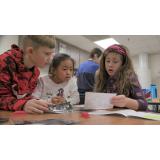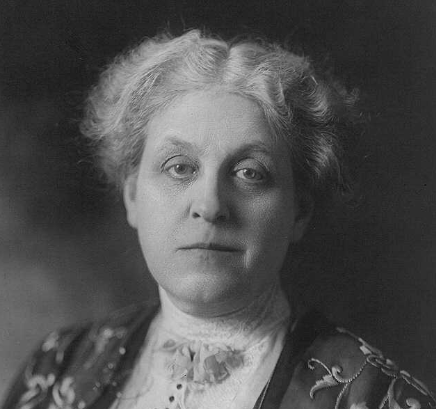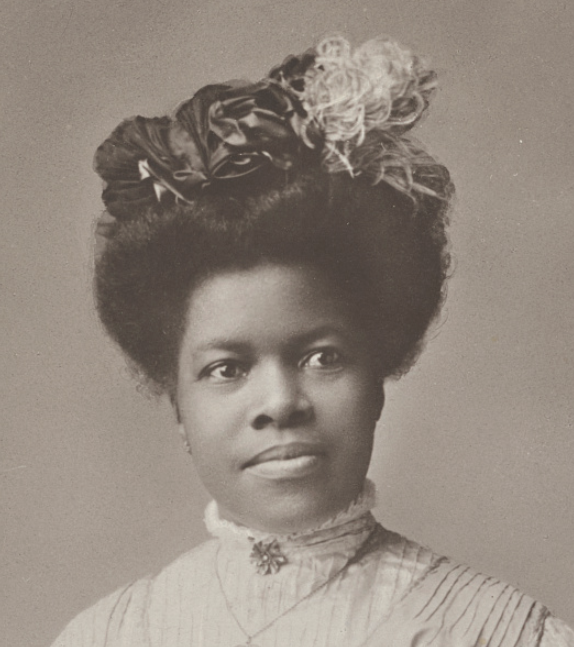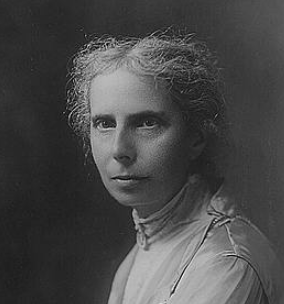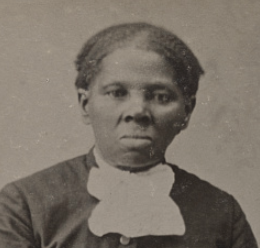I just read the wonderfully written blog post, “Heavy is the Hair: Evolution of African Hair in America from the 17th c. to the 20th c.” by Majestie Varnado, which would make a great reading assignment for students working on searching for primary sources in online archives.
Varnado starts personal and engaging: "Reading the term “good hair” brought me back to hearing it for the first time in my childhood, where a hot comb burned my scalp in my mother’s kitchen." She shares how her own view of hair evolved as she grew up.
And then she applies that same sharing to the experience of trying to find information in the Library of Congress collections: the challenges of search terms, the people who helped her, the history intertwined with those challenges.
The anecdote that really got me was (I bulleted it for emphasis here):
- "As a student pursuing a degree in Library and Information Sciences, it is my job to not only be an expert on database searching but also be able to evaluate the best searching strategies for any given database. On top of that, I grew up on the internet. Finding information online is a no-brainer for me.
- "But I found myself discovering information I needed by accident rather than on purpose.
- "For instance, searching photos, prints, and drawings for “African American braids” in the catalogs yields five results, and only one of them features a Black subject.
- "Instead, I found pictures of African Americans with braids within an interview for the Occupational Folklife Project: Hairdresser and Beauty Shop Culture in America collection. These pictures, included with the interview, do not show up in a general search.
- "If I were an ordinary user, I’d see that first search [which I bolded above] as indicative [the complete and limited extent] of the Library’s archives."
Which brings me to indexing. Last year, in a session among consortium partners, the cultural impact of "metadata" or indexing terms was one of the topics that stuck with me. I am not in the classroom, but I am struck by the impulse to construct a lesson that would make students stop and think about the features that enable them, and others, to FIND and SEE things in our highly indexed, digital world. What makes them visible. WHO makes them visible? How can we influence who can find what?
https://www.loc.gov/item/2017655358/
Social Studies/History #African-American Black Hair #Search Terms Technology
Replies displayed by creation date
Your questions are so important  Alison Noyes
. Thank you.
Alison Noyes
. Thank you.
A similar conversation can be had about Native American hair. During the boarding school horrors, long hair was the first thing that was removed from the children -- a source of identity, power, and cultural tradition. Then in the 1960s, long hair on white men as well as women became the rage. Now, we are in a time where Native American hair is something to be admired and emulated.
https://tpsteachersnetwork.org/tps-commons/my-powerful-hair-a-book-about-native-cultural-identity
This is a great anecdote about the search process and the importance of trying different avenues for finding information and sources.
For more hairy resources, check out these earlier discussions from the Network.
Testimonials
- I love that there is new info on the site daily!
- I had a wonderful time working with the Library of Congress and learning about all of the resources at my fingertips!
- The TPS Teachers Network has an equal exchange of ideas. You know it's not a place where you're being judged.
- My colleagues post incredibly fine resources and ideas....the caliber of the suggestions and resources make me feel that I take a lot from it. It's a takeaway. And I hope that I can give back as much as I get.
- Going into this school year, I have a fantastic new resource for my own instruction and to share with my colleagues!
- I am very glad that I discovered the TPS Teachers Network through RQI. Great resources can be hard to find out there on the internet!

